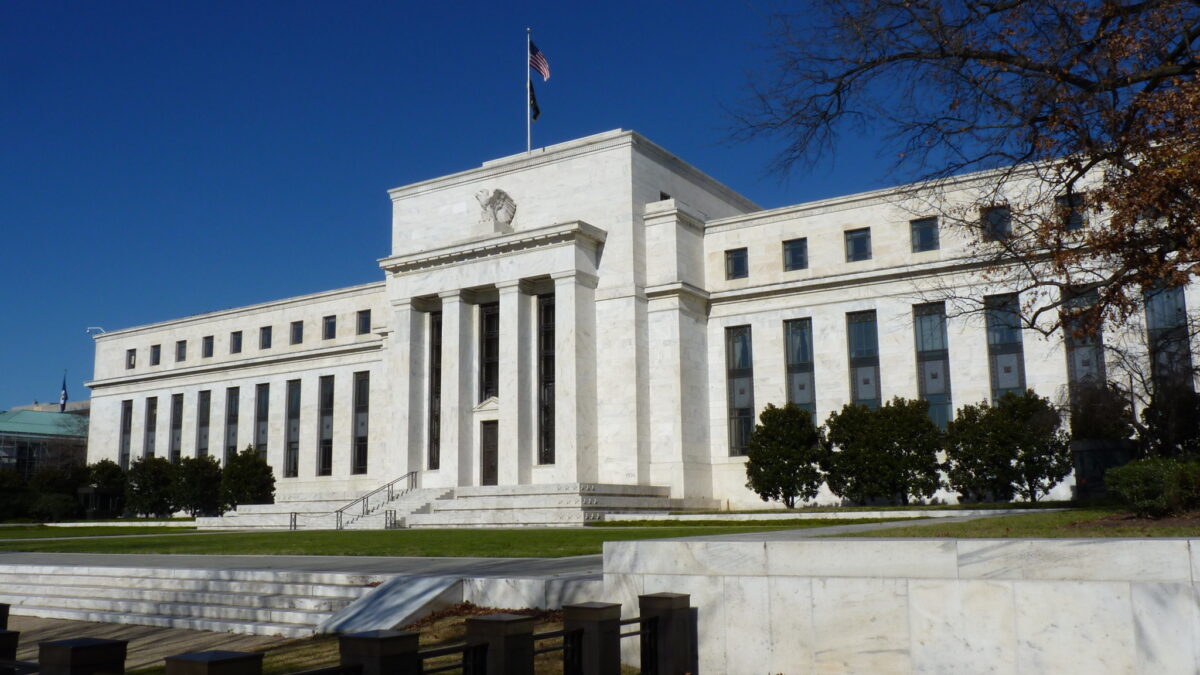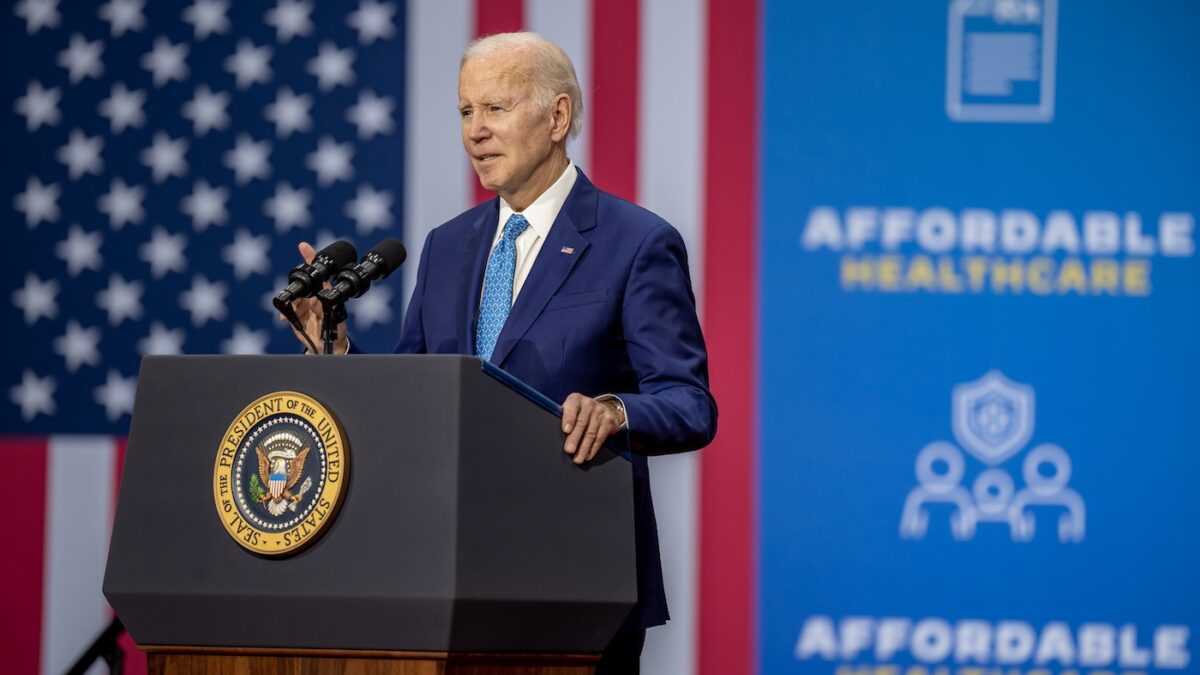
Names of local Zimbabweans used in this article have been changed to provide anonymity.
The pavement ends abruptly at the border, and so does order. I’ve now been waiting for two hours to complete the simple immigration process. The dust created from the massive amount of movement in the dirt parking lot is suffocating in the early summer heat.
Also waiting to enter are the importers. These are businessmen that specialize in moving anything and nearly everything into poverty-stricken Zimbabwe. They have vehicles of all shapes and sizes, including old Datsun pick-up trucks, minivans, semi-trailers, even motorcycles. Each is loaded absurdly high with goods.
The precariously stacked imports range from mundane to exotic, but mostly mundane. Huge stacks of toilet paper and used furniture slowly enter Zimbabwe, as do cell-phone covers, brooms, used clothes, used car tires, pieces of scrap metal and chrome, a few bikes, poorly made wardrobes from China, even crushed aluminum cans and cheap Russian vodka. Deals are made and cash exchanged. Depending on the amount, the wait at the border can be anywhere from ten minutes to five days. This is the modern economy of Zim, the local name for Zimbabwe.
This is not the first country I’ve entered that is under economic sanctions from the United States, but it is one of the most unique. The Zimbabwean government does not limit access and restrict movement like Cuba, North Korea, Myanmar, and other countries.
What Hurts the Government Hurts the People
U.S. officials defend this policy by stating that the sanctions are not against the country as a whole, but a small group of individuals they believe undermine democratic processes in Zimbabwe. They have officially tidied this list to include fewer than 200 people and institutions. Although the official rhetoric says these are “very targeted” sanctions, in a country where government spending over the last several years has been as high as 98 percent of the gross domestic product, it is a de facto sanction against the country.
Regardless of policy, life in Zim is challenging. Zimbabwe has the highest unemployment rate of anywhere in the world, estimated in 2009 to be near 95 percent. The poverty rate teeters at 75 percent of the population. Things here are stark. Money is incredibly tight; times are incredibly hard. I see how people live and have to ask how it is possible. How are these once-fertile farms, which once made Zimbabwe the economic envy of southern Africa, now lying in ruin?
Enter Robert Mugabe. Now he’s a 91-year-old man who has maintained power for 28 years as president of Zimbabwe. I can’t believe this is possible with so many masses having so few resources. But he does. The answer I’m consistently given is that it just isn’t worth the fight. Better to wait until the “old man” dies. (Mugabe is often referred to in such vague terms to avoid potential problems.)
Fair enough. These people have seen plenty. I’m told stories of people literally taking wheelbarrows full of money to the store to purchase milk. I’m told how people would pay millions of Zimbabwean dollars to take a bus. With the incredible inflation rates of the time, the bus would stop midroute, because the cost of gas had risen so much it wasn’t economically viable to continue the trip. Inflation became so pronounced that the government began issuing ZWD $100 trillion banknotes for a value difference of 1025 in less than eight years, peaking in July 2008 with an inflation rate of 231 million percent in just one month.
Stories like this abound. They are a reminder of the grim past.
All of this improved once the country began to officially use the U.S. dollar as the most standard form of currency, an interesting paradox. Incredibly dirty U.S. bills change hands a hundred times each day, so threadbare and worn it’s difficult to determine whether it is indeed a $1 or a surprisingly common $2 U.S. bill.
‘The People Are Tired of Fighting’
I am fortunate to be traveling with a Zimbabwean man with whom I have been staying in South Africa for the last month. Through him, I am instantly embedded into the daily life of his family and country. Even so, it is a few days before people feel comfortable enough to speak with me about the current economic situation. When they do, it is in hushed voices.
Eventually, a few people, angry with their circumstances, begin accusing the United States and the economic sanctions for the current conditions.
“This,” Mary passionately claims, while pointing her finger to the poverty that surrounds us, “This is all because of the U.S. Your sanctions have caused this. How can you punish us like this?”
But these emotionally fueled claims are few. The people who are more thoughtful, the people I trust, look at the picture differently.
“Change must come. We must have change. We want change,” Jeremiah tells me. “But the people are tired of fighting. We want peace more.”
But change just can’t come now. In a struggle like this, where a single meal a day is a luxury, it’s better to tighten the belt and conserve energy. If there is anything the resilient people of Zimbabwe know how to do, it is to patiently make do with what they have.
“How could things possibly improve when we have a leadership like this?” questions Warner one night amongst a small group of trusted men. “No, we can’t blame the U.S. for these conditions. They have tried, but it is no good. Everything is taken and nothing comes to us. This is Zim. This is how it is.”
Are Sanctions Effective?
This line of argument begs the essential question of this type of foreign policy: Really, how effective are U.S. economic sanctions?
The precarious presumption is that, through creating a difficult economic situation, the leader will have no choice but to eventually bow to pressure from the “people.” In theory, this might seem like a good motivator. The people unite with a single voice, the leader listens, and change occurs. However, in practice, this is almost never the case.
These types of leaders just don’t listen. If any leader were actually inclined to listen to the people, this type of abuse of power would not exist. He would already be responding to the “people” and creating policies that reflect that choice. Leaders who listen, will listen; they don’t need to be motivated, economically nor otherwise, to listen.
Instead, the obvious reality is that this practice seldom, if ever, brings about change. When it does, it is modest at best.
“There are very few cases where you can definitely identify sanctions as having had a success, except sometimes in combination with other factors,” says Adam Roberts, a research fellow at Oxford University. Indeed, even the most ardent supporters of sanctions claim they bring about the desired effect about one-third of the time, and then very slowly.
Instead, sanctions more frequently tend to entrench radical politicians. Once under economic sanctions, leaders must hold the reins of power more tightly to retain it. A leader can only become more engrained in radical government, more inclined to go to greater lengths to ensure retention of power, more removed from the “people,” and less likely to submit to humanizing factors. This formula can be seen playing out in nearly every country currently under U.S. sanctions.
Why, then, do sanctions remain? The simplistic argument is that, well, something must be done; something must encourage change. The United States must show its displeasure. And there is little else between talks and military action.
People Need Positive Motivators
True, something should be done to curb such governments. However, sanctions are a shortsighted approach. In the majority of cases, sanctions hurt the masses. The people in power, those the sanctions are designed to motivate, can use their power to find ways around sanctions. There is little logic in hoping that creating a wider economic gap between the already politically disenfranchised and their abusive leadership will have positive results. It’s an absurd premise.
Still, we continue. Wouldn’t it instead benefit not only the victims of these governments, but their abusive leaders as well, to create positive motivators for change?
If the United States wishes to take the philosophical “high road” of diplomatic solutions, then take that road whole-heartedly. Provide benefits for economic benchmarks that limit corruption and better ensure nongovernmental involvement. Pursue anything that rewards a desired behavior. Hell, put money in the dude’s personal bank account… it will likely end there anyhow, we may as well receive benefits from it. At a minimum, use both positive and negative consequences in conjunction to better encourage improvements. This seems a more accurate portrayal of human nature.
There must be a more thoughtful approach than creating economic situations so incredibly desperate that hope becomes impossible and violence and chaos erupt, as is all too often the case. African logic beautifully describes these circumstances: “Only a pot with boiling water can boil over.”
Luckily, for Zim the pot is still simmering.









